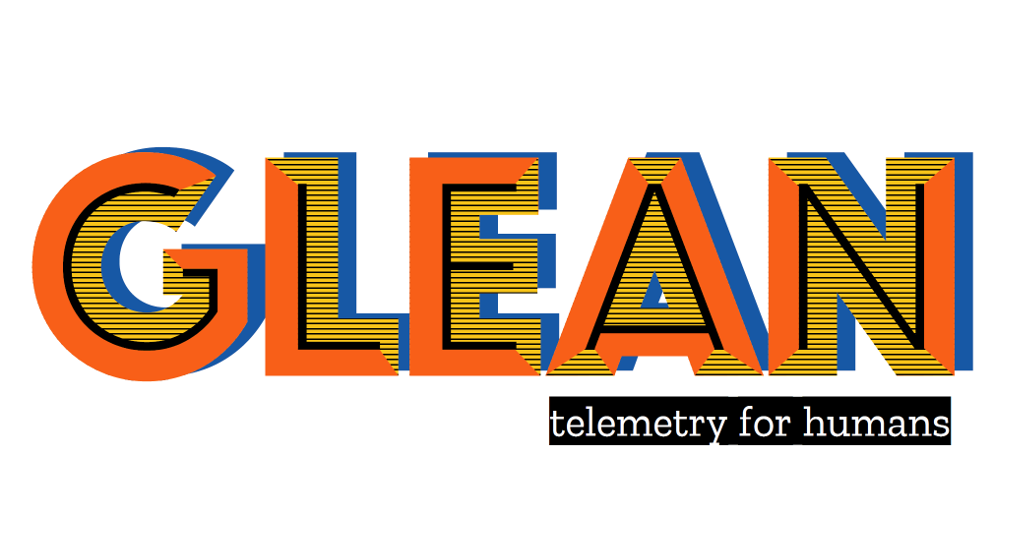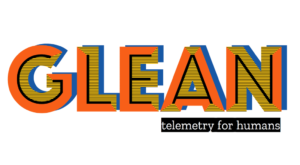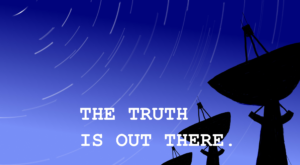(“This Week in Glean” is a series of blog posts that the Glean Team at Mozilla is using to try to communicate better about our work. They could be release notes, documentation, hopes, dreams, or whatever: so long as it is inspired by Glean. You can find an index of all TWiG posts online.)
At last count there are 14 proposals for Firefox on Glean, the effort that, last year, brought the Glean SDK to Firefox Desktop. What in the world is a small, scrappy team in a small, scrappy company like Mozilla doing wasting so much time with old-school Waterfall Model overhead?!
Because it’s cheaper than the alternative.
Design is crucial before tackling difficult technological problems that affect multiple teams. At the very least you’re writing an API and you need to know what people want to do with it. So how do you get agreement? How do you reach the least bad design in the shortest time?
We in the Data Org use a Proposal Process. It’s a very lightweight thing. You write down in a (sigh) Google Doc what it is you’re proposing (we have a snazzy template), attach it to a bug, then needinfo folks who should look at it. They use Google Docs’ commenting and suggested changes features to improve the proposal in small ways and discuss it, and use Bugzilla’s comments and flags to provide overall feedback on the proposal itself (like, should it even exist) and to ensure they keep getting reminded to look at the proposal until the reviewer’s done reviewing. All in all, it’ll take a week or two of part-time effort to write the proposal, find the right people to review it, and then incorporate the feedback and consider it approved.
(( Full disclosure, the parts involving Bugzilla are my spin on the Proposal Process. It just says you should get feedback, not how. ))
Proposals vs Meetings
Why not use a meeting? Wouldn’t that be faster?
Think about who gets to review things in a meeting as a series of filters. First and foremost, only those who attend can review. I’ve talked before about how distributed across the globe my org is, and a lot of the proposals in Project FOG also needed feedback from subject matter experts across Mozilla as a whole (we are not jumping into the XPIDL swamp without a guide). No way could I find a space in all those calendars, assuming that any of them even overlap due to time zones.
Secondly, with a defensive Proposer, feedback will be limited to those reviewers they can’t overpower in a meeting. So if someone wants to voice a subtle flaw in the C++ Metrics API Design (like how I forgot to include any details about how to handle Labeled Metrics), they have to first get me to stop talking. And even though I’m getting better at that (still a ways to go), if you are someone who doesn’t feel comfortable providing feedback in a meeting (perhaps you’re new and hesitant, or you only kinda know about the topic and are worried about looking foolish, or you are generally averse to speaking in front of others) it won’t matter how quiet I am. The proposal won’t be able to benefit from your input.
Thirdly, some feedback can’t be thought of in a meeting. There’s a rough-and-readiness, an immediacy, to feedback in a meeting setting. You’re thinking on your feet, even if the Proposal and meeting agenda are set well in advance. Some critiques need time to percolate, or additional critical voices to bounce off of. Meetings aren’t great for that unless you can get everyone in a room for a day. Pandemic aside, when was the last time you all had that much time?
Proposal documents are just so much more inclusive than design meetings. You probably still want to have a meeting for early prototyping with a small group of insiders, and another at the end to coax out any lingering doubts… but having the main review stages be done asynchronously to your reviewers’ schedules allows you to include a wider variety of voices. You wouldn’t feel comfortable asking a VP to an hour-long design meeting, but you might feel comfortable sending the doc in an email for visibility.
Asynchronicity For You and Me
On top of being more inclusive, proposals are also more respectful. I don’t know what your schedule is today. I don’t know what life you’re living. But I can safely assume that, unless you’re on vacation, you’ll have enough time between now and, say, next Friday to skim a doc and see if there’s anything foolish in it you need to stop me from doing. Or think of someone else who I didn’t think of who should really take a look.
And by setting a feedback deadline, you the Proposer are setting yourself free. You’ll be getting emails as feedback comes in. You’ll be responding to questions, accepting and rejecting changes, and having short little chats. But you can handle that in bite sized chunks on your own schedule, asynchronously, and give yourself the freedom to schedule synchronous work and meetings in the meantime.
Proposal Evolution
Name a Design that was implemented exactly as written. Go on, I’ll wait.
No? Can’t think of one? Neither can I.
Designs (and thus Proposals) are always incomplete. They can’t take into consideration everything. They’re necessarily at a higher level than the implementation. So in some way, the implementation is the evolution of the Design. But implementations lose the valuable information about Why and How that was so important to set down in the Design. When someone new comes to the project and asks you why we implemented it this way, will you have to rely on the foggy remembrance of oral organizational history? Or will you find some way of keeping an objective record?
Only now have we started to develop the habit of indexing and archiving Proposals internally. That’s how I know there’s been fourteen Project FOG proposals (so far). But I don’t think a dusty wiki is the correct place for them.
I think, once accepted, Proposals should evolve into Documentation. Documentation is a Design adjusted by the realities encountered during implementation and maintained by users asking questions. Documentation is a living document explaining Why and How, kept in sync with the implementation’s explanation of What.
But Documentation is a discussion for another time. Reference Documentation vs User Guides vs Design Documentation vs Marketing Copy vs… so much variety, so little time. And I’ve already written too much.
:chutten
(( This post is a syndicated version of the original. ))












